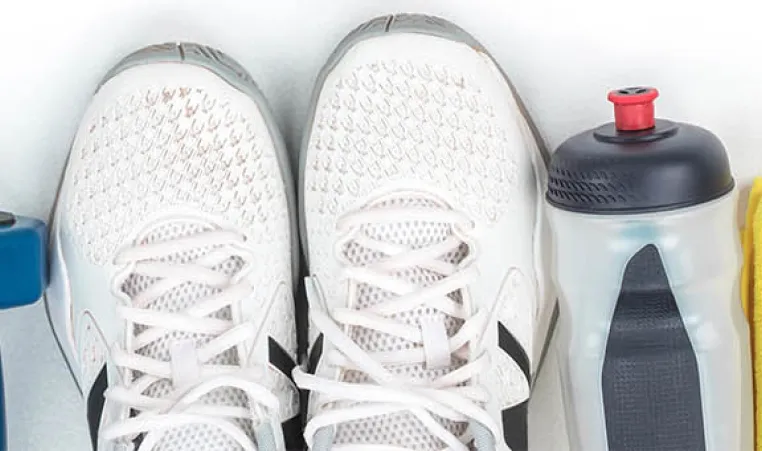
Diabetes is growing at an epidemic rate. Right here in Colorado, the disease affects over 416,000 people. At the same time, another 34.8% of the population has prediabetes, which could turn into diabetes at any point. November is National Diabetes Month, and it’s the ideal time to assess your risk of the disease and take active steps to manage it or prevent it.
First, what exactly is diabetes?
Diabetes occurs when your blood glucose, also known as blood sugar, is chronically high. Blood glucose comes from the food you eat, and it is the body’s main source of energy. Insulin, a hormone made by the pancreas, helps this glucose get into your cells to promote this energy-making process. Sometimes your body doesn’t make enough—or any—insulin or doesn’t use insulin well. As a result, glucose then stays in your blood and doesn’t reach your cells.
Over time, having too much glucose in your blood can cause diabetes, which can trigger a host of health issues including cardiovascular disease; nerve, eye, foot, and kidney damage; skin conditions; hearing impairment; and even Alzheimer’s disease.
There are many kinds of diabetes, and the two we hear about often are Type 1 and Type 2. Type 1 diabetes is typically diagnosed in children and young adults who were born with it. Type 2 diabetes is the most common and can be caused by eating too many unhealthy foods and carrying too much weight.
Calling all types: Eat well and move
No matter what type of diabetes you may have, diet and exercise are two of the most powerful tools you can use to fight it. Not only do they help control your blood sugar, they also can mean the difference between feeling run down and feeling great.
Starting with diet, these tips can help:
- Eat a variety of foods, including vegetables, whole grains, fruits, non-fat dairy items, healthy fats, and lean meats or meat substitutes.
- Do not eat too much food or too much of any one type of food – pay attention to portion sizes and remember moderation.
- Space meals evenly throughout the day.
- Avoid skipping meals.
- Don’t take an all-or-nothing approach. New diets can feel restrictive, and there is no one-size-fits-all solution. Instead, try to make a healthy choice at every meal, or incorporate healthy swaps whenever possible. Remember, every nutrition choice counts.
Another strategy to managing or preventing diabetes is to exercise and be active. No matter what you do to exercise, know that any type of physical activity helps lower your blood sugar. Other benefits of physical activity include:
- More energy
- Less stress
- Greater strength and flexibility
- Reduced risk for heart disease and stroke
If you’re not into regular exercise, putting together an exercise plan can be challenging. But remember, it doesn’t matter where you are physically as long as you start doing something now. Consult your doctor and dive in—the sooner, the better.
Get support
Finally, just knowing that diet and exercise is important is not enough to manage and prevent diabetes. Sometimes, you need extra guidance and encouragement to incorporate the lifestyle choices that can improve health and fight disease.
To help, the YMCA offers a Diabetes Prevention Program, which is part of the CDC-led National Diabetes Prevention Program, an approach that proves that through healthier eating, increased physical activity, and a small amount of weight loss, it’s possible to prevent or delay the onset of Type 2 diabetes by 58% to 71%. Through this Y program, participants meet regularly with a certified lifestyle coach to learn about nutrition, physical activity, overcoming stress, and staying motivated.
This November and throughout the year, take the time to assess your risk of diabetes. Consult with your doctor and then take active lifestyle steps to live healthier through diet and exercise. You can do it!
Justin is the Lifestyle Medicine Coordinator at the Glendale Sports Center managed by the YMCA of Metro Denver. He has worked in the fitness industry since 2015 and received his BS and MS in exercise physiology from Western Kentucky University. He joined the Denver YMCA in 2019 after moving from Bowling Green, KY.